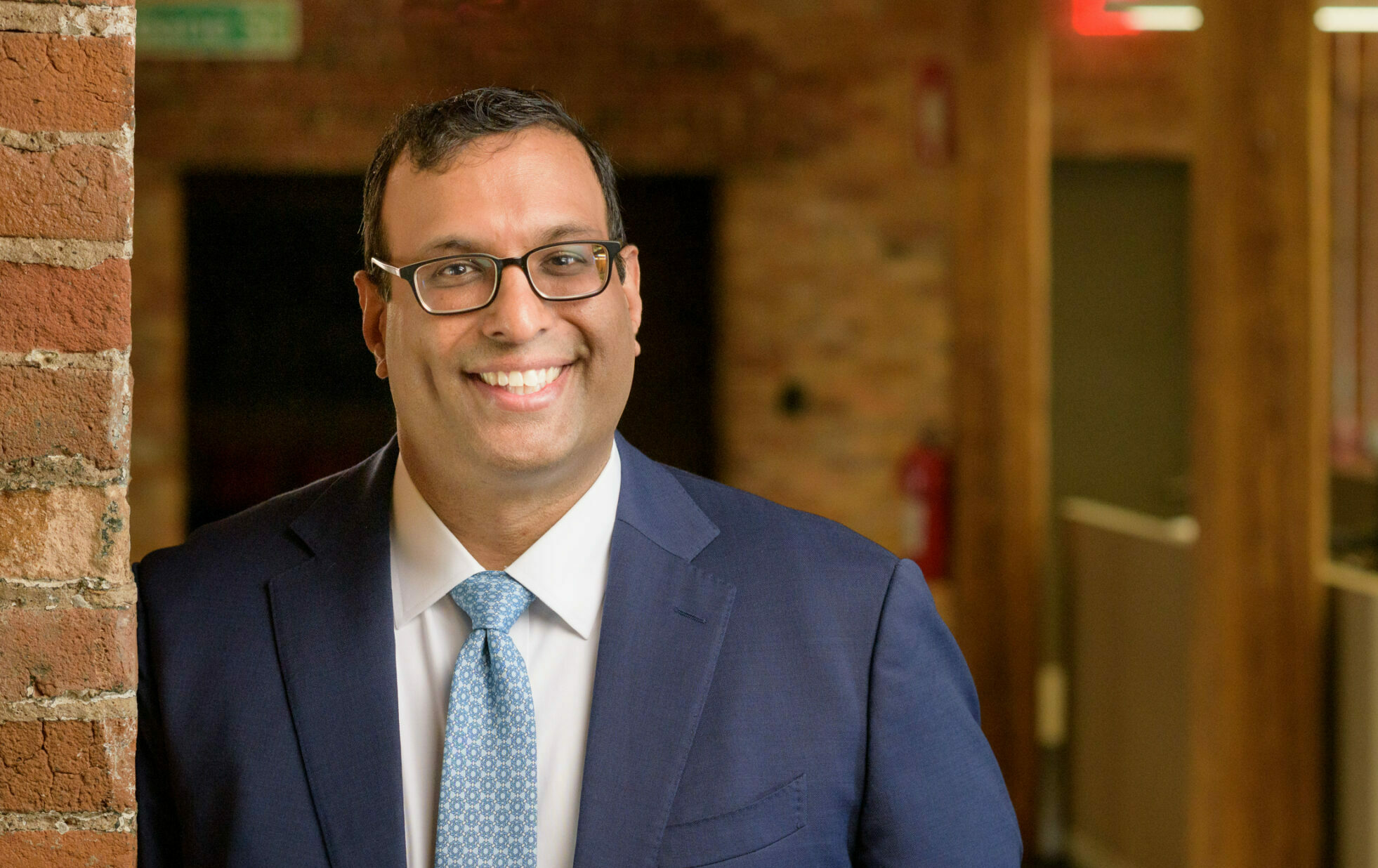Self-assurance is made, not born.
There is much talk about imposter syndrome. It is the quasi-scientific idea that people rise to high positions in business then worry that they are there by luck, or some other unpredictable force, rather than by merit.
The person who first identified it, a psychologist called Pauline Clance, herself suffered from it – through school, through university, even as she worked towards her doctorate. When she finally earned her PhD, she still felt undeserving. If a decorated psychologist – who first identified imposter syndrome – was herself a chronic sufferer, what hope is there for others like her?
As it turns out, there is plenty. Clance did not invent the term imposter syndrome. In fact, she rejects it, preferring to call it “imposter phenomenon” – because imposter syndrome is not a syndrome at all. It is, says Clance, a phenomenon so common in human beings that the idea that it is a pathological flaw is deceptive.
Even the Hollywood elite have it. “I’m quite proud that I’m still getting jobs. Because of falling into a job, you always feel like you’re a fraud, that you’re going to be thrown out at any second,” Robert Pattinson, one of the world’s most highly paid actors, told British newspaper The Observer. Meryl Streep, who has two best actress Oscars, has shared similar fears: “You think, ‘Why would anyone want to see me again in a movie? And I don’t know how to act anyway, so why am I doing this?’”
And it’s not just a movie-star thing: “The exaggerated esteem in which my life’s work is held makes me very ill at ease. I feel compelled to think of myself as an involuntary swindler.” Those are the words of Albert Einstein.
If imposter syndrome – or rather, imposter phenomenon – is something we all have from time to time, shouldn’t we reframe it as something else?
At Duke CE’s inspiring Lead with Her conference recently, I was struck by the words of Ashleigh Shelby Rosette, the James L Vincent distinguished professor of leadership at Duke University’s Fuqua School of Business. How we show up in business negotiations helps foster confidence, she explained – not just during those negotiations, but for the longer term. “Negotiation begins in the mind – your perspective shapes your power,” revealed Rosette, citing her research. “Recognize negotiations as something that you can shape and not something that’s rigid and fixed. Instead of asking, ‘What’s the best way to stay within the rules?’, ask, ‘How can I define them myself?’… Psychological power gives you the ability to be satisfied with the outcome, and also be satisfied with the process.”
Psychological power. Every one of the famous people mentioned above, plus thousands more besides, have temporary dips in psychological power – just as we encounter momentary falls in physical strength or bouts of fatigue. It is entirely human, and normal. Rather than focus on confidence dips as a psychological flaw, we can self-treat them. Techniques include being more assertive in our dealmaking; leading others in ways that help them thrive; and reminding ourselves regularly of our successes and those of our teams and organizations. In business, as in life, there are myriad ways to build self-assurance.
A prime tonic for sufferers of imposter phenomenon is the fact that it is entirely normal. Self-assurance is made, not born. It is variable and transitory: we foster it through our daily acts – everydays habit for an everyday phenomenon.




